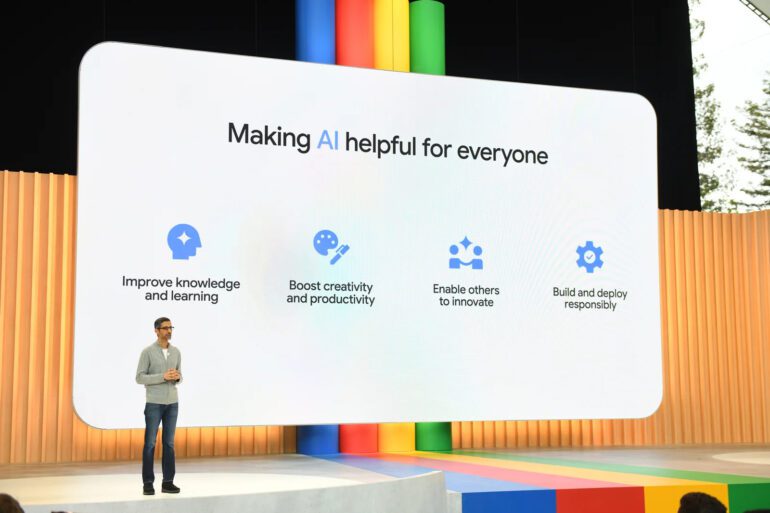Google Bard, the conversational AI service, is expanding its reach once again. Today, Google announced the inclusion of 40 new languages, including Swahili, marking the first African language to be supported by Bard. This expansion brings the total number of languages available on the platform to over 40, making it accessible in 59 new countries and territories around the world. With this move, Bard is cementing its position as a truly global conversational AI service.
The addition of Swahili to Bard is particularly significant. As one of the top 10 most widely spoken languages globally, with over 200 million speakers, Swahili plays a crucial role in connecting communities across Africa. By introducing Bard in Swahili, Google is empowering millions of people in the region to harness the capabilities of AI and explore their creativity and knowledge in their native language.
Dorothy Ooko, Head of Communications and Public Affairs, SSA, Google, expressed her excitement about the expansion, stating, “We see its global availability as a great democratizer of knowledge. That’s why we created Bard: to help you explore that curiosity, augment your imagination, and ultimately get your ideas off the ground.”
The impact of Bard’s expansion goes beyond language inclusion. With access to Bard, individuals from different cultures and backgrounds can contribute their feedback, making the platform more inclusive and safer for everyone. By gaining insights from a wider range of users, Google can further refine and improve the service to meet the diverse needs and expectations of its global user base.
Alongside the language expansion, Google has introduced new features to enhance user customization and productivity. Users now have the option to listen to Bard’s responses in over 40 languages, facilitating correct pronunciation and a more immersive experience. Additionally, Bard now offers five different response styles, ranging from simple to professional or casual, allowing users to tailor the AI’s tone and style to their preference.
To assist users in organizing their interactions with Bard, Google has introduced conversation pinning and renaming. This feature enables users to easily revisit important conversations that contain valuable information or ideas. Furthermore, users can now export Python code to both Google Colab and Replit, enhancing code sharing and collaboration possibilities.
Sharing responses and collaborating with others is now simpler, thanks to Bard’s shareable link feature. Users can share their findings, ideas, or projects with friends, facilitating seamless collaboration and feedback exchange. Moreover, the ability to upload images with prompts enables users to incorporate visual content into their interactions with Bard, enhancing the creative potential of the platform.
Bard is a groundbreaking endeavor that leverages Google’s vast language models and the wealth of information available on the web. By combining the world’s knowledge with the power of AI, Bard strives to provide comprehensive and insightful responses to user inquiries. However, it’s important to note that as an experimental technology, Bard may occasionally provide inaccurate or unsafe responses. Google encourages users to provide feedback if they encounter any issues or inaccuracies while using Bard, ensuring continuous improvement and refinement of the platform.


